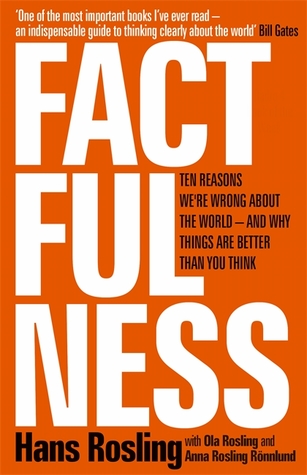How does God use a Paul to produce a Timothy? How does God use you to produce mature disciples of Jesus Christ?
Second Timothy 3 and 4 provide a glimpse at that divine process.
Paul characterizes the people of the last days (3:1-9). He then contrasts this (“You, however …,” v.10; “but as for you …,” v.14) with what Timothy has come to be (vv.10-15). That transformative process in Timothy’s life was brought about, humanly speaking, through a network of relationships that included his mother and grandmother (1:5; 3:15), the Apostle Paul (3:10-11, 14), and others (v.14). Timothy is charged with repeating this transformative process through his relationships with “faithful men” (2:2).
There is a pattern that is consistent in the process of discipleship, the purpose in Scripture, and the practice of preaching.
The Apostle Paul lays out what appears to be a progressive process through which Timothy passed.
“But as for you, continue in what you have learned and have firmly believed, knowing from whom you learned it and how from childhood you have been acquainted with the sacred writings, which are able to make you wise for salvation through faith in Christ Jesus.” (3:1-15)
There is a logical flow to what Paul describes. Each one must move through this process:
Acquaintance → Learning → Conviction → Wisdom/salvation
One must have an acquaintance with the truth of the Scriptures before one can believe and be transformed by that truth. “Faith comes from hearing, and hearing through the word of Christ” (Rom. 10:17). Jesus confirmed that one must “know the truth” before one can be set free by it (John 8:32).
Having taken in the information of the Scriptures one is then in a position for learning from it. The Scriptures stand over against other ideas, claims, and calls. It’s teaching makes a divide and invites one to see what the difference between its claims and offers and those of others.
This brings one to the point of faith. With the line of demarcation laid down one must decide on which side of the line of revelation one stands. The revelation calls for conviction – either you are in or you are out. There is a call that goes out in the sounding of the Scriptures and one must either respond to that call or ignore, deflect, deny, and reject it.
When one rests oneself upon the truth of Scripture God-given, Biblical wisdom begins to form in one’s heart. Freedom comes (John 8:32). Life begins to change. One’s discernment has changed. One’s choices are different. You have stepped onto the path of discipleship.
This doesn’t just happen. Timothy was early exposed to the truth of Scripture by his mother and grandmother (1:5; 3:15). He heard it expounded by the Apostle Paul (3:14) and modeled in his life (3:10-11). This is why Paul now holds out the purpose of the Scriptures:
“All Scripture is breathed out by God and profitable for teaching, for reproof, for correction, and for training in righteousness” (3:16)
Teaching → Reproof → Correction → Training
Scripture’s purpose reflects the path of discipleship.
Teaching communicates the basic information of the Scripture passage so that the listener is familiar with the facts.
Reproof then takes the basic facts set out from Scripture and reveals how they stand in relationship to other thoughts, ideas, perceptions, and claims. The Scripture reproves the other claims to truth by setting out what is in fact true. It is only in this one learns.
But this is not far enough. Correction, therefore, aims for the commitment of the one now acquainted with the claims of Scripture and sees them rightly in relationship to other claims and ideas. It calls for faith and forms conviction. The listener has gone from not knowing the truth of Scripture and therefore not seeing how other ideas and claims stand in relationship to the reality it holds forth to the call for commitment and the forming of conviction. The listener now announces, “This is true for me!”
There is, however, still more. For the inward conviction and commitment must become outward action in obedience. In addition to informing and exposing and calling for commitment, the Scripture now guides the transformation of the listener’s life through training in new steps of obedience that become a new pattern of living.
All of this—the process of discipleship and the purpose of Scripture—is matched then by the purpose of preaching:
“I charge you in the presence of God and of Christ Jesus, who is to judge the living and the dead, and by his appearing and his kingdom: preach the word; be ready in season and out of season; reprove, rebuke, and exhort, with complete patience and teaching.” (4:1-2)
Preach → Reprove → Rebuke → Exhort
Preaching announces what is true (teaching/acquaintance), thereby reproving and exposing other claims and ideas (reproof/learning) and calling for personal commitment (correction/conviction) that takes the form of new steps of obedience that become a new way of life (training/wisdom).
We each can thus say:
- I preach because the Scriptures were given for teaching and with the goal of giving my listeners an acquaintance with the truth of God.
- I reprove because the Scriptures were given for reproof and with the goal of my listeners learning what the truth they’ve become acquainted with means.
- I rebuke because the Scriptures were given for the correction of the hearer and formation of convictions regarding the truth they have learned.
- I exhort because the Scripture were given for training listeners to live out the truth they have learned and come to live in the saving wisdom of God.

